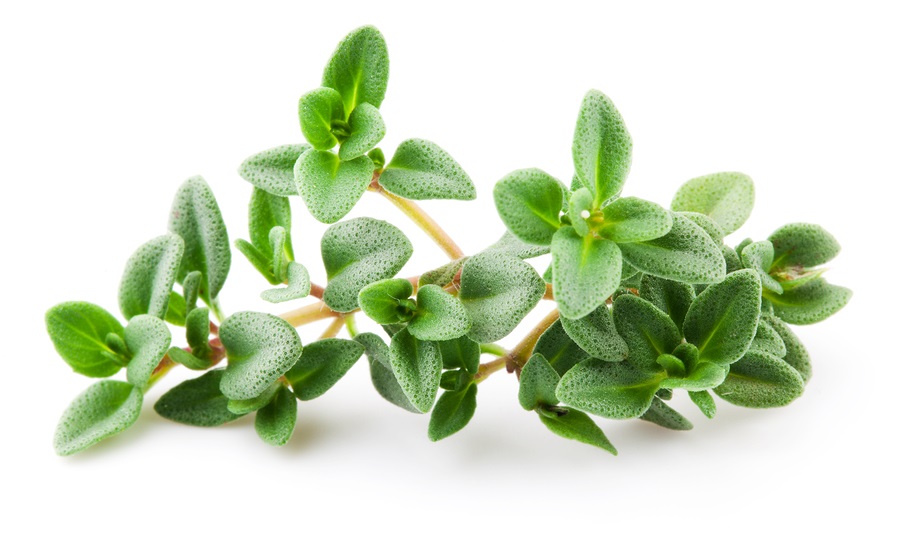The Making of Comprehensive Atlas of Iranian Thymus\ The Compilation of Essential Oil Standard for Satureja hortensis

Vice-president of Iranian Research Institute of Forests and Rangelands said, “The making of comprehensive atlas of Iranian Thymus and the compilation of essential oil standard for Satureja hortensis are among the achievements of the Medicinal Plants Research Department of the Center of Excellence for Plant Essential oils, in 2015.”
The researches carried out by the researchers of our country reveal that, there are 8000 plant species in Iran, 2000 of which have medicinal, aromatic, spicy, health and cosmetic properties.
Iran has climatic varieties, high and outstanding rankings as well as being rich in plants and having 11 of the 13 known climates in the world.
The standardization of medicinal plants, their extracts and essential oil, is one of the main points of this field, and the standard rules have been compiled for only some of these plants; however, more needs to be done in this regard.
In an interview with the science reporter of IRNA, Dr. Fatemeh Sefidkon added, “This atlas represents the latest situation of the cultivation of Thymus in Iran, as well as its phytochemical, active compounds and botanical properties. Also, it has been determined in this atlas that where and how in Iran should this plant be cultivated.
Referring to the identification and introduction of fertile areas for the cultivation of Satureja and Thymus in Iran, she said, “The areas for cultivation and its development for seven Satureja species as well as seven Thymus species, their sustainability and quantitative and qualitative yields have also been determined.”
This vice-president of Iranian Research Institute of Forests and Rangelands said, “In the second stage, having completed the research, different methods will be determined to increase the qualitative and quantitative yields as well as the active compounds for each species and mass, compatible for a particular ecological area.”
She continued, “Next, there will be registration and introduction of the suitable item, so that seeds can be produced from those correct items and later given to the exploiters.”
According to Sefidkon, other acheivement of this center of excellence has been the presentation of more than 80 research projects’ results, she then added, “With the help of these reports, were we able to determine the best compatible species of both genera, with a high capability for production of plants and active compounds for every egological areas of the country.”
She noted, “Among other goals met by this center of excellence, the following can be named: publication of 148 scientific papers in certified national journals and 113 papers in international journals, preparation of 11 final reports, leading 93 research projects of students of masters’ degree and 28 doctoral dissertation, compilation and publication of 11 books and holding 17 educational workshops.”
The vice-president of Iranian Research Institute of Forests and Rangelands pointed out, “The results of these researches have been presented through lectures in some gatherings and conferences and published in the form of papers in scientific and research journals.”
The Center of Excellence for Essential Oils and Aromatic Plants is located in the Medicinal Plants Research Department of Research Institute of Forests and Rangelands. This center has officially started work in 2011, with about 100 researchers cooperating from agriculture research centers as well as natural resources centers from different provinces and faculty members of various universities.
The basis of the research activities of this center is the study of ecology, cultivation and domestication as well as phytochemical properties of Iranian Thymus and Satureja. The two genera of Thymus, with 14 species, and Satureja, with 17 plant species (over 11 endemic species) in Iran, are among the two plant genera that have essential oil and value added. These two genera can have a special position in the phrmaceutical, food, cosmetic and health industries, which can therefore be a substitute for the imported and non-native species in the relavent industries.
The specific mission of this center of excellence has been to carry out applicable research in terms of domestication of the native aromatic species which have economic value, such as the two genera of Thymus and Satureja, in order to broadly cultivate them and economically profit from them.
Tags:
unavailable- Comments submitted by you will be published by administrators after approval.
- Comments that contain mohareb or worse will not be published.
- Comments that will not be published other than English or non-English.

Send Comment
Total comments : 0 Pending review : 0 Published : 0